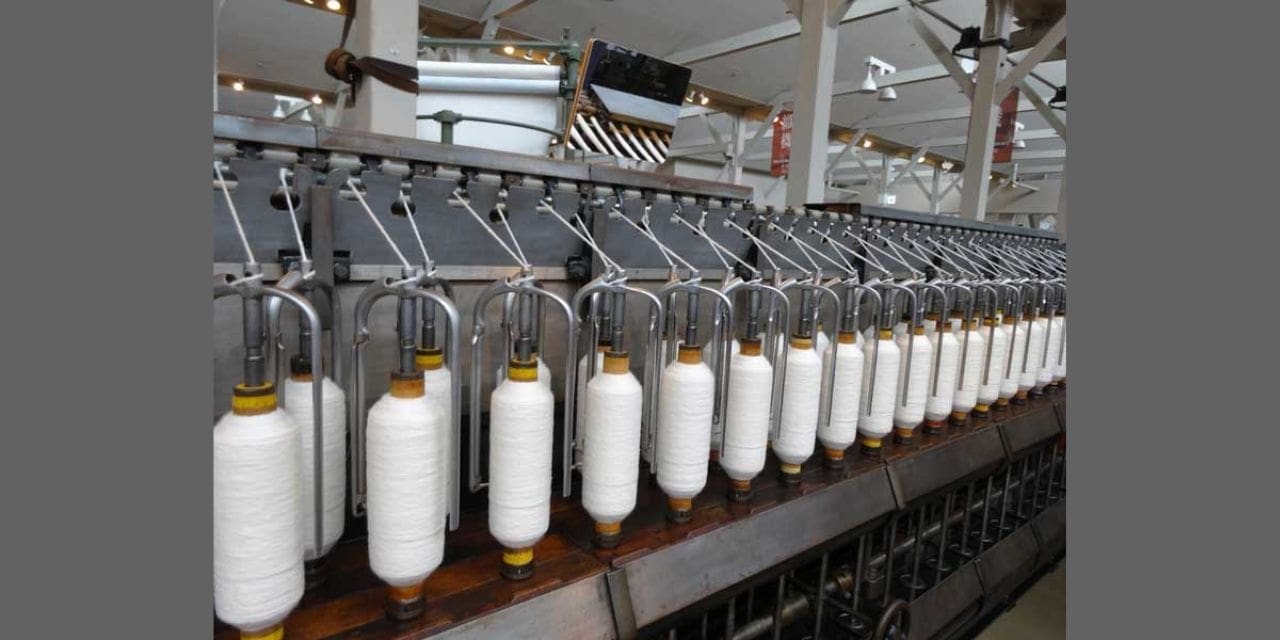FOR IMMEDIATE RELEASE
Date Posted: February 1, 2024
Washington, DC — Shipping problems are once again plaguing the cotton and textile industry, although not nearly to the degree the supply chain suffered through during the Covid pandemic. Finished goods will be affected more than raw cotton, making the situation particularly painful for merchants and mills.
Geopolitical unrest in the Red Sea area has driven shipping prices significantly higher in recent months, with trade routes between West Africa and Asia and between Europe and Asia being impacted the most. Other negative impacts include:
- Longer delivery times due to the rerouting of ships could lead to order delays and cancellations.
- Higher shipping costs will add to the already-high inflation.
- Products will take longer to reach the markets — an especially big problem for seasonal textiles and apparel.
- If high shipping costs spread to other regions, the entire cotton trade will be affected.
- The cotton and textile industry has experience in overcoming logistical problems, as it did during Covid and the blockage of the Suez Canal.
- Despite the challenges, global cotton trade is up more than 10% over last season.
The Secretariat’s current price forecast of the season-average A index for 2023/24 ranges from 81.02 cents to 103.61 cents, with a midpoint at 90.88 cents per pound.For the most up-to-date statistics, please refer to the Data Dashboard. It is updated with new data constantly and that new information is immediately reflected in the Dashboard, making it a valuable, up-to-date resource all month long. You can view a video tutorial on how to use the ICAC Data Dashboard on the ICAC’s YouTube page here.
Please note that the cotton balance sheets have been moved to the ICAC Data Dashboard. This ensures that the season balance sheets are always up-to-date and available whenever you need them. This also helps to reduce errors because the data is compiled directly from our database. We have included them in this PDF report, but we strongly encourage you to obtain all data from the Dashboard.
If you are a subscriber to Cotton This Month, please access your account with your user name and password here. To subscribe to Cotton This Month, please click here.
Please contact the author, ICAC Data Scientist Matthew Looney, with questions on this report.
The next Cotton This Month will be released on March 1, 2024.
About the International Cotton Advisory Committee (ICAC)

